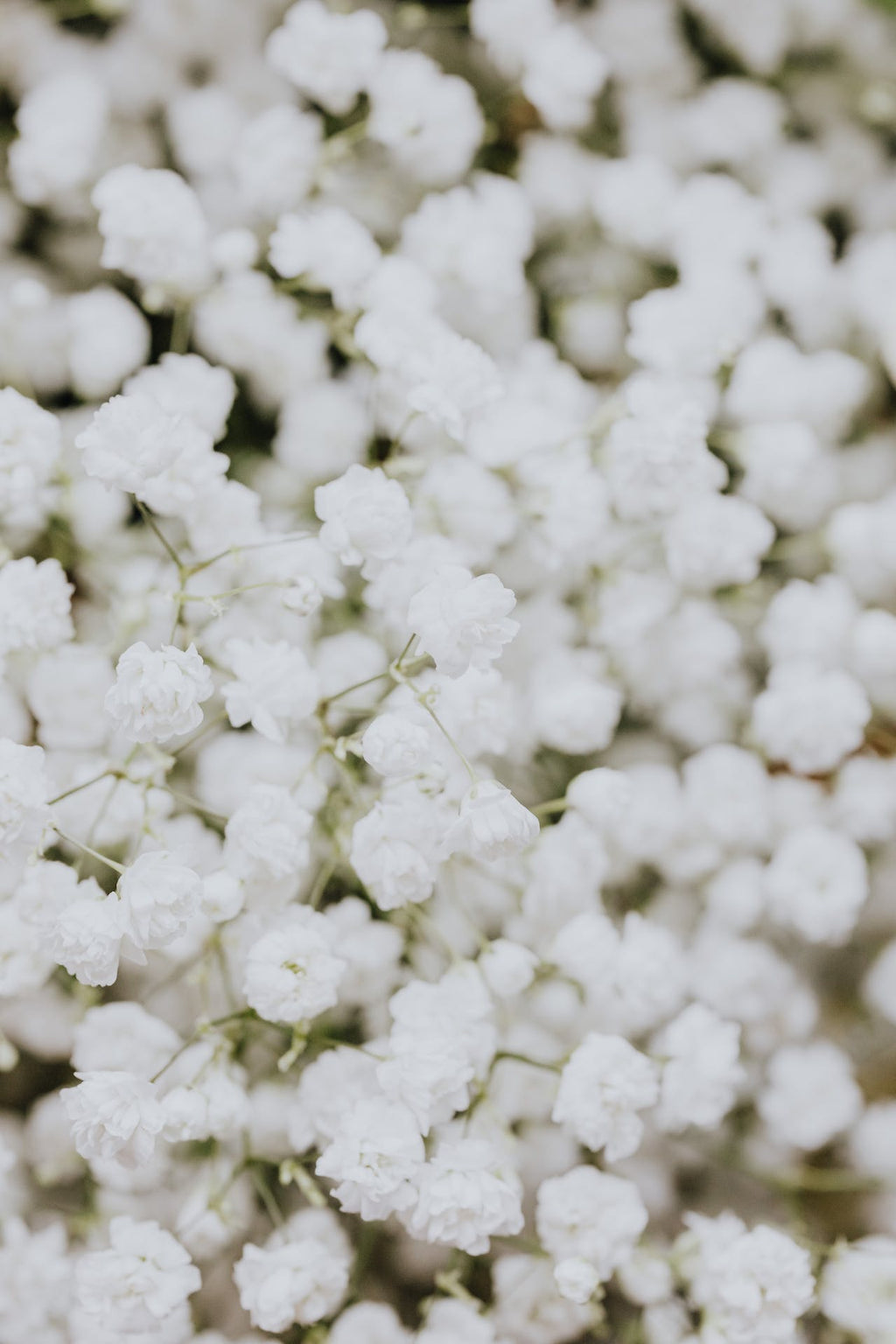Flowers have long been a symbol of love, remembrance, and condolences. Their beauty and fragrance can provide a comforting atmosphere during difficult times, such as funerals or memorial services. When choosing funeral flower arrangements, there are several different types to consider.
1. Casket Sprays: These are large floral arrangements designed to be placed on top of the casket. They typically come in a rectangular shape and can be personalized according to the preferences of the family. Casket sprays often feature the deceased's favorite flowers, colors, or themes.
2. Standing Sprays: These arrangements are often displayed on easels next to the casket or can be placed in a preferred location at the funeral service. Standing sprays are usually larger in size and designed to create a striking visual impact. They can be created in the shape of a heart, cross, wreath, or other decorative arrangements.
3. Funeral Wreaths: Wreaths are traditionally circular arrangements symbolic of eternity, with no beginning or end. They represent the continuity of life and are often displayed on stands during the funeral service. Funeral wreaths can be made using a variety of flowers, foliage, and ribbons.
4. Urn Tributes: These arrangements are designed to sit on or near the urn holding cremated remains. They are often smaller in size but can still incorporate a meaningful selection of flowers. Urn tributes can be customized to reflect the personality or interests of the deceased.
5. Sympathy Baskets: As an alternative to traditional floral arrangements, sympathy baskets can include an assortment of flowers, green plants, and occasionally fruits or other gifts. These baskets symbolize support and can be sent to the funeral home or the family's home as a gesture of condolences.
6. Floral Crosses: A floral cross is a meaningful and religious symbol often chosen by religious families. The cross-shaped arrangement can be made with various flowers, leaves, and foliage. It is typically displayed near or on the casket, church altar, or at the gravesite.
7. Floral Hearts: A floral heart is a touching tribute for a loved one. These arrangements are crafted in the shape of a heart and commonly adorned with flowers in soft, romantic colors. Floral hearts can be personalized with specific flowers, such as the favorite blooms of the deceased.
8. Personalized Arrangements: Many florists are willing to create customized arrangements upon request. This allows you to incorporate personal items, such as a favorite sports team's colors or memorabilia, into the floral design. Personalized arrangements can reflect the individuality and unique qualities of your loved one.
When selecting funeral flower arrangements, consider the preferences of the deceased and their family, as well as any cultural or religious traditions. It is advisable to consult with a local florist who specializes in funeral arrangements to ensure that your chosen flowers convey the right sentiment and provide the comfort and solace desired during this difficult time.
Funeral flowers hold special significance, symbolizing love, respect, and remembrance for the departed. They are a thoughtful way to convey your condolences and offer support to grieving families. With a wide range of options available, it can be helpful to understand the meaning behind different types of funeral flowers to choose the most appropriate ones.
1. Lilies: Lilies are one of the most commonly used flowers in funerals. They symbolize the innocence and purity of the departed soul. White lilies are especially popular, as they represent peace and tranquility. Stargazer lilies are another popular choice, as they symbolize sympathy and sympathy towards the bereaved family.
2. Roses: Roses are classic and versatile funeral flowers. They symbolize love, beauty, and respect. Red roses typically represent love, while white roses signify purity and innocence. Yellow roses can convey friendship and support.
3. Chrysanthemums: Chrysanthemums, or mums, are commonly associated with funerals in many cultures. They symbolize death and mourning in Western cultures, while in some Asian cultures, they represent honor and respect. Chrysanthemums are available in various colors, including white, yellow, and red.
4. Carnations: Carnations are cherished funeral flowers due to their long-lasting nature. They are often used to create floral arrangements and wreaths. White carnations symbolize innocence and pure love, red ones signify admiration, and pink ones represent remembrance.
5. Orchids: Orchids symbolize everlasting love and strength. They are elegant flowers that can bring comfort to grieving hearts. Orchids come in various colors and varieties, including white, pink, and purple.
6. Forget-Me-Nots: As the name suggests, forget-me-nots symbolize remembrance and everlasting memories. These delicate blue flowers are commonly used to honor loved ones who have passed away.
7. Gladioli: Gladioli are tall flowers that make a striking impression in floral arrangements. They symbolize strength, sincerity, and moral integrity. Gladioli can be found in various colors, including white, red, pink, and yellow.
8. Daffodils: Daffodils are bright and cheerful flowers associated with new beginnings. They represent hope, renewal, and rebirth, making them a fitting choice for a funeral service.
9. Hydrangeas: Hydrangeas are versatile flowers that work well in both funeral bouquets and arrangements. They symbolize heartfelt emotions, gratitude, and enlightenment. Hydrangeas are available in a range of colors, including white, blue, pink, and purple.
10. Iris: Iris flowers are associated with the Greek goddess Iris, who acted as a link between heaven and earth. They symbolize faith, hope, and wisdom. Iris flowers are available in various colors and are often seen in funeral arrangements.



